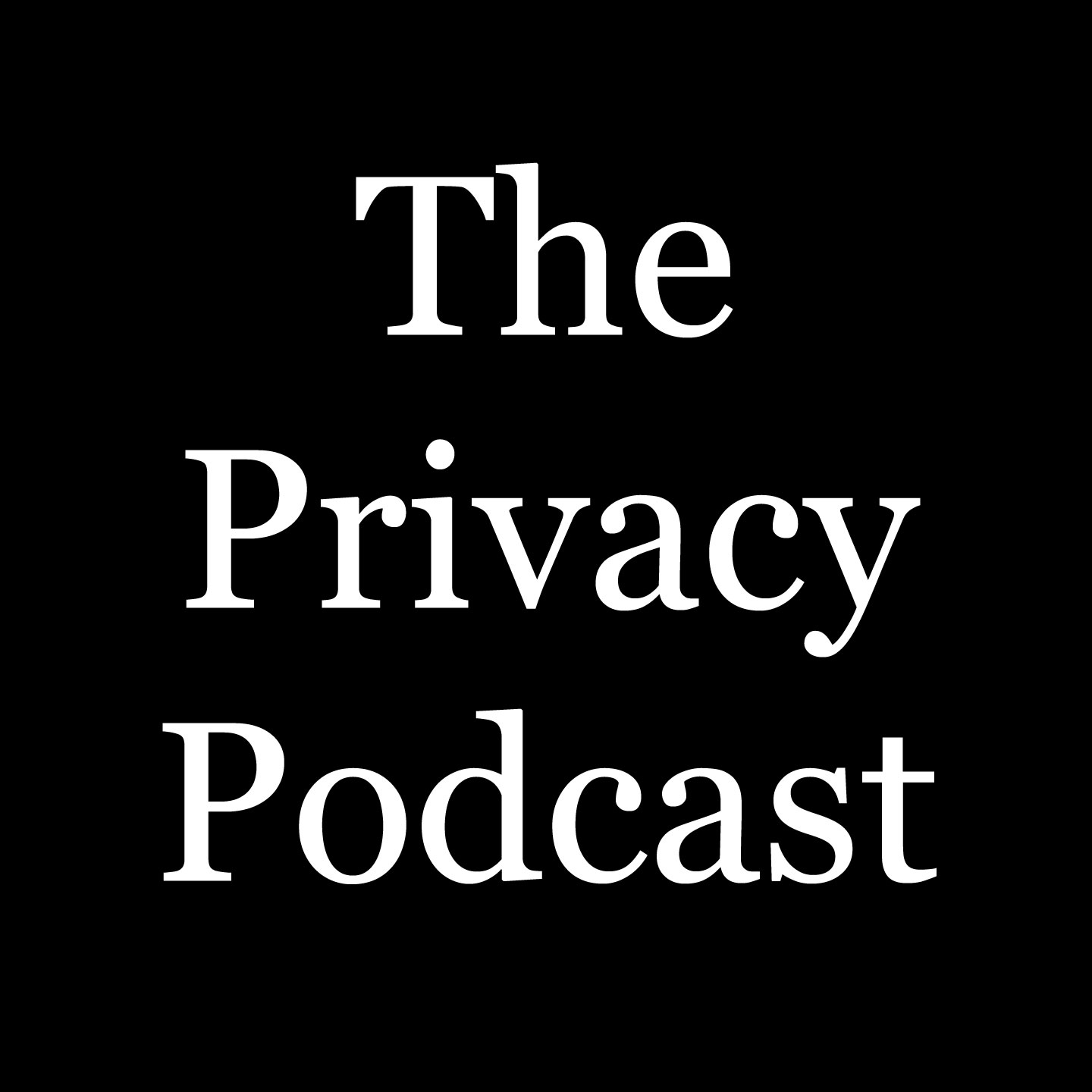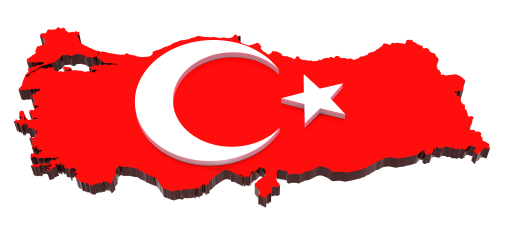A long time customer recently sent in the following question. Since it should be of broad interest, I asked his permission to anonymous post and answer it here.
How do you know that subscribing to an anonymizer does not simply mark you for observation?
We all know the NSA is capable of intercepting any electronic communication, and with gajillions of electronic communications happening every second, how would the NSA (or the FBI or the CIA or whoever it is who watches us) know which of those communications to watch?
Seems like the people wanting anonymity would be the first on the list.
Surely they COULD, couldn't they? That is, get the subscriber lists, which would enable them to intercept communications this side of the proxy - i.e., intercept on the way out, on the way TO the proxy, BEFORE it gets securely tunneled? And no, that would not be possible with the web, but it would with email. Supposedly.
This is what has been proposed to me. What do you think? Does it have any validity?
It is certainly the case that the government could, in principle, monitor your access to privacy services. As long as that access is over a strongly encrypted connection, the contents of your communication, what sites you are visiting or who you are communicating with would be protected. The strength of your anonymity is then largely determined by the number of other users of the same service with which your traffic is being mixed.
In the United States, the use of privacy tools is not restricted. Strict separation of intelligence from law enforcement functions should prevent drift net monitoring of your use of Anonymizer from leading to any kind of legal investigation. The huge number of Anonymizer subscribers would also make this difficult and highly visible.
Outside of the US it is another story. Many countries exercise much greater control over the Internet. Even if it were not blocked by the Iranian government, accessing the Anonymizer website from within Iran would be a risky activity. Once again, the key here is safety in numbers. We have run anti-censorship tools in Iran that supported over 100,000 users. With those numbers, it is awkward for the government to go after people simply for using the service. This is not to say that if you are already under observation for some other reason that it would not give them added ammunition. Privacy tools are generally very effective at keeping you below the radar, but can be much less effective once you are on the radar for whatever reason.
The reality is that there is no evidence of widespread Internet surveillance being used in the US to track users of privacy services. As long as the connection to the service is well encrypted, you should be fine.
 In episode 16 of the Privacy Blog Podcast for January, Twenty Fourteen I talk about:Biological Advanced Persistent Threats
The Apps on your mobile devices that may be enabling surveillance
Why you may soon know more about how much information your service providers are revealing to the government
The total compromise of the TorMail anonymous email service
How the British government is using pornography as a trojan horse for Internet Censorship.
And finally why continued use of a deprecated cryptographic signature algorithm could undermine the security of the Web
In episode 16 of the Privacy Blog Podcast for January, Twenty Fourteen I talk about:Biological Advanced Persistent Threats
The Apps on your mobile devices that may be enabling surveillance
Why you may soon know more about how much information your service providers are revealing to the government
The total compromise of the TorMail anonymous email service
How the British government is using pornography as a trojan horse for Internet Censorship.
And finally why continued use of a deprecated cryptographic signature algorithm could undermine the security of the Web